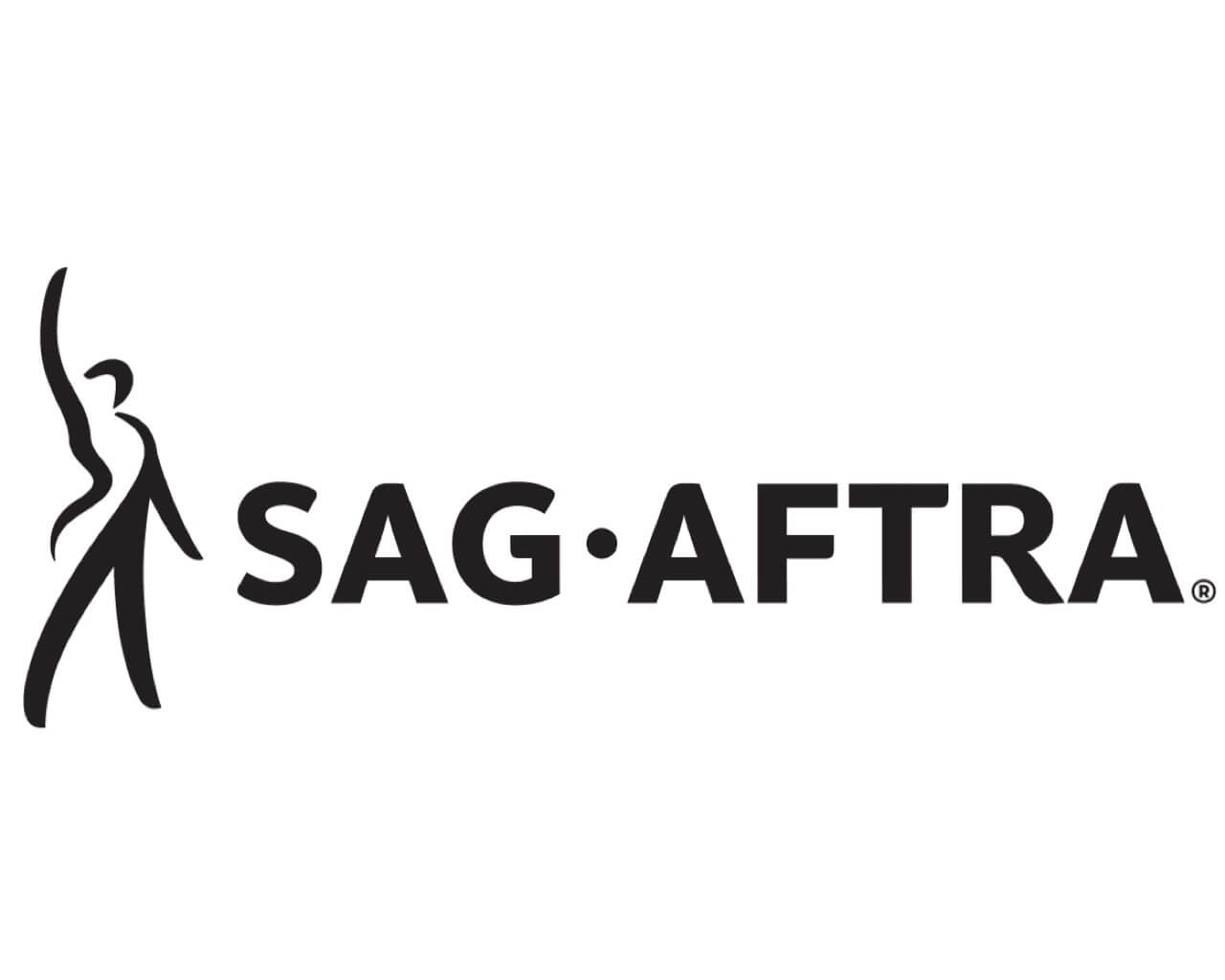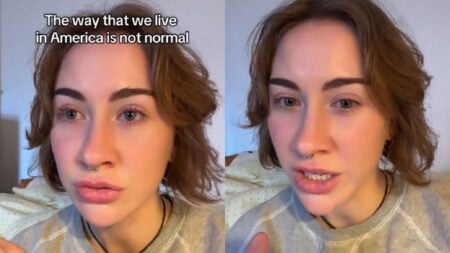After two years of failed negotiations between video game publishers and the Screen Actors Guild- American Federation of Television and Radio Arts (SAG-AFTRA), thousands of video game voice actors are going on strike. Their strike began Thursday at midnight and is aimed at eleven of the biggest game developers and publishers in the industry, including Electronic Arts, Insomniac Games, Take-Two, and Activision. Several prominent voice actors such as Jennifer Hale (Mass Effect) and Roger Craig Smith (Assassin’s Creed, Batman) have already spoken out in support of the strike.

The big disagreement stems from the fact that actors have been demanding a portion of the revenue developers receive from game sales, on top of the industry’s average rate of approximately $825 for a four-hour voice over session. SAG-AFTRA Chief Contracts Officer, Ray Rodriguez, stated, “SAG-AFTRA has gone to the negotiations table with serious concerns affecting voice-over and stunt performers. It’s time for video game employers to take our concerns seriously and negotiate a modern contract based on actor safety, industry precedent and best practices.”
The game companies caught in the middle of this dispute offered a nine per cent increase to the average wage that is offered under contract and also offered extra compensation for games that need several recording sessions. The union, however, did not put this offering to a vote before going on strike, stating that additional compensation does not address their core issue of continuing royalties.
You can read SAG-AFTRA’s full statement below:
“This group of video game employers knowingly feeds off other industries that pay these same performers fairly to make a living. This represents a ‘freeloader model of compensation’ that we believe cannot and should not continue.
“In this industry, which frequently uses performers and understands the intermittent and unpredictable nature of this type of work, fair compensation includes secondary payments when games hit a certain level of success with consumers, not simply higher upfront wages. Secondary compensation is what allows professional performers to feed their families in between jobs.
“No matter what these companies are peddling in their press releases, this negotiation is not only about upfront compensation. It is about fairness and the ability of middle-class performers to survive in this industry. These companies are immensely profitable, and successful games — which are the only games this dispute is about – drive that profit.
“We have proposed a fair payment structure that enables the sustainability of a professional performer community. These employers have unreasonably refused that. The time has come to end the freeloader model of compensation and that is why our members are united behind this cause.”
You can see the full list of video game developers and publishers that SAG-AFTRA is striking here.







